Make heart work your work. Apply for one of our careers at ALSO!
Make heart work your work. Apply for one of our careers at ALSO!
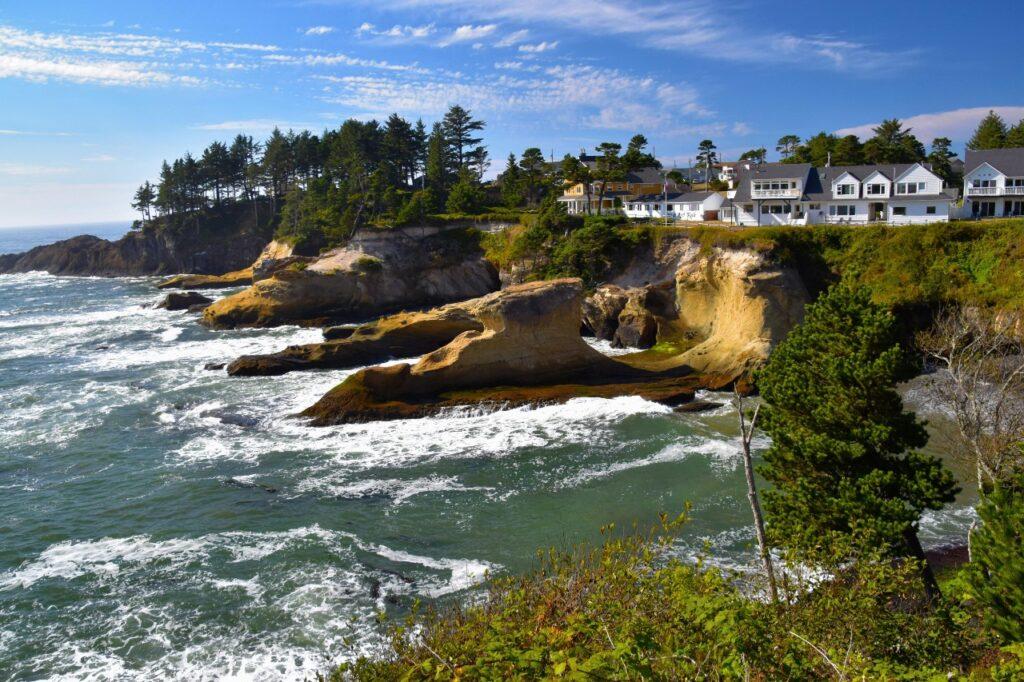
Are you looking for a great way to enjoy the summer months? Got a road trip in mind? The Pacific Northwest is among the best places for individual, family, or group travel in the country. What’s even better is that many of these destinations are accessible to people with disabilities.
The Pacific Northwest, also known as the PNW [1], includes the following areas:
The team at ALSO is here to give you great info about the perfect Pacific Northwest vacation. We provide support services for people with intellectual and developmental disabilities throughout 9 counties in Oregon. We’re dedicated to full inclusion of people with all disabilities in every aspect of life—including traveling.
It’s likely that each of us knows someone with a disability. The US Census Bureau [2] indicates that out of 79.6 million households, over 25% included at least one member with a disability.
We all deserve to have fun, do our favorite things, and be with our favorite people. Getting away on a vacation is revitalizing for overall health and well-being. We certainly know how we feel upon returning from a vacation: we’re re-energized and revitalized – ready to take on the world!
These needs and rights are the same for people with disabilities. In fact, this is what full community inclusion is all about. Embracing disability accessible travel creates a more diverse, equitable, and compassionate society.
At ALSO, we’ve seen how people with intellectual and developmental disabilities have thrived when they have equal access to travel opportunities. Just a few of these benefits are:
Overall, full community inclusion helps everyone. It creates an environment where all are valued for their unique contributions. Many business owners have found that inclusive practices expand the customer base and increase spending—great news for any local economy! [3]
As you make plans for the summer months, you’re sure to find an abundance of indoor and outdoor activities, experiences, and accommodations for children and adults with disabilities. Below we’ve listed 9 great destinations along with additional resources for getting more information.
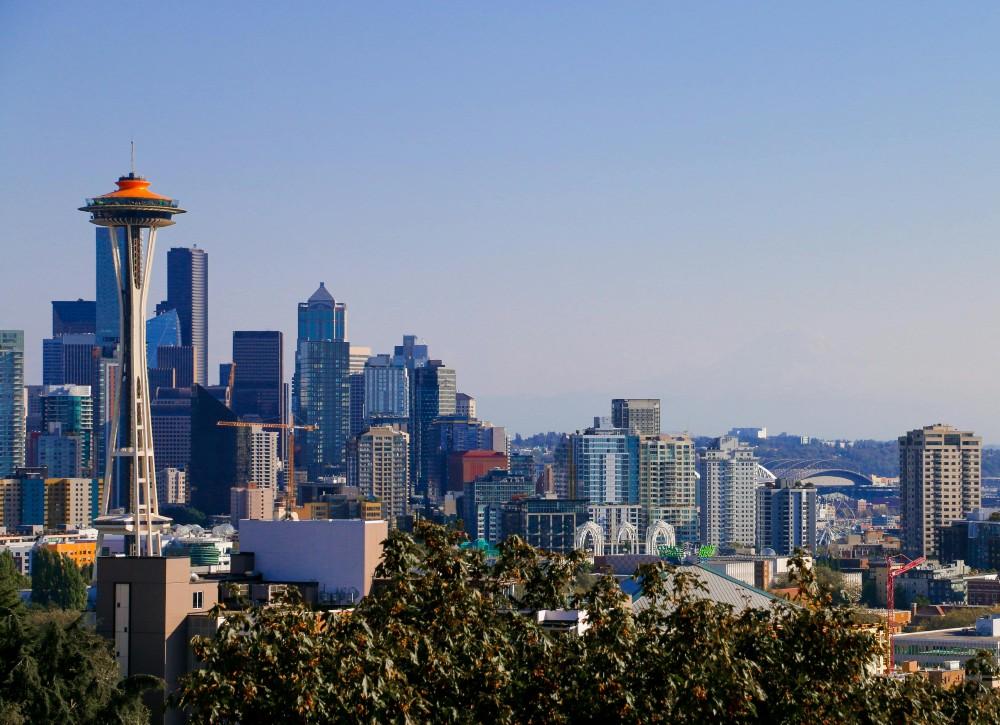
Also known as, The Emerald City, Seattle prides itself on being one of America’s most accessible cities. Beginning with the Seattle-Tacoma Airport (SeaTac), travelers are supported with wheelchair services upon arrival. According to WheelchairTravel.org, [4] SeaTac offers some of the most competent wheelchair assistance in the country.
Public transportation is highly inclusive of people who have physical and cognitive challenges. This includes:
Although sidewalk travel is occasionally difficult due to Seattle’s hilly terrain, electric wheelchair travel is generally manageable. The highly inclusive transportation options more than make up for it.
From Pike Place Market to Seattle’s Space Needle, you can count on accessible bathrooms, restaurants, and lovely views to make your PNW vacation truly memorable. ADA-accessible hotel rooms are also plentiful.
ADDITIONAL RESOURCE: 11 Wheelchair Accessible Things to do in Seattle, Washington (and Where to Stay). [5]
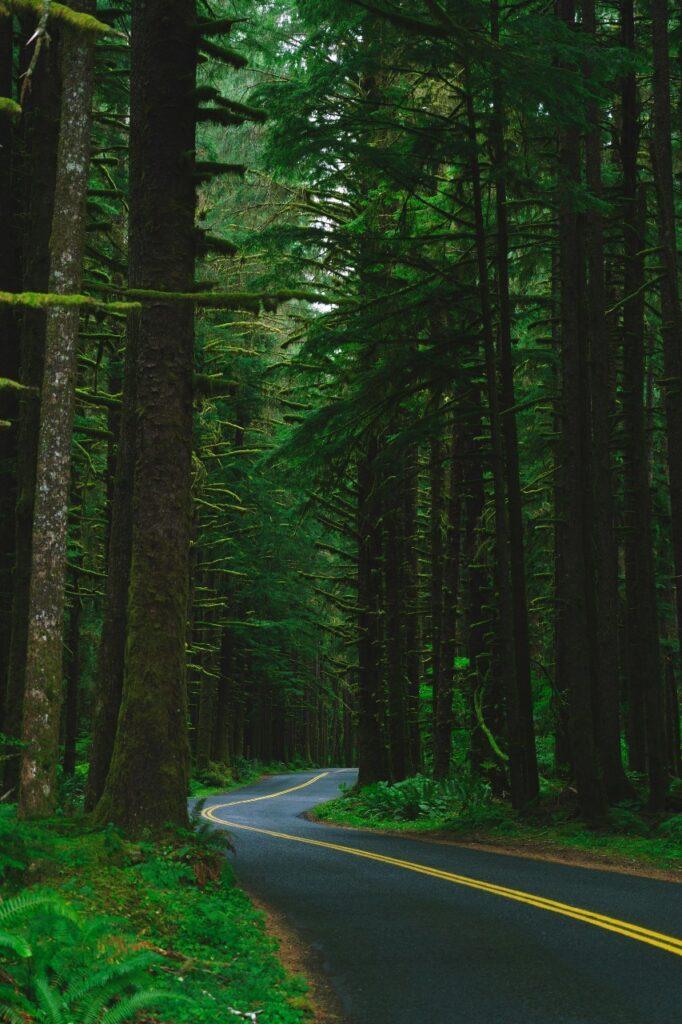
Olympic National Park [6] encompasses almost 1 million acres of the Olympic Peninsula. The National Park Service continuously strives to make this gem of the Pacific Northwest as accessible as possible to those of all ability levels. This includes:
ADDITIONAL RESOURCE: Go to the Olympic National Park, ‘Plan Your Visit’ – for contact and other information.[7]
ADDITIONAL RESOURCE: The National Parks and Federal Recreational Lands Access Pass [8] is available FREE for all citizens and residents with permanent medical disabilities.
Just outside of Olympic National Park, on the Olympic Peninsula, is the seaside town of Port Angeles. [9] One of Port Angeles’ major accomplishments is the Erikson Playfield Pump Track [10], designed not only for bicycles, but also electric and manual wheelchairs. It’s the first of its kind in the nation!
The Olympic Discovery Trail (ODT), also known as the ‘Pathway to the Pacific’, is ADA-compliant in a number of significant sections. Visitors can also see one of the city’s waterfalls by taking the Peninsula Waterfall Trail, a paved pathway very close to the parking lot. Port Angeles celebrates the native indigenous cultures and history that surround the area with the Port Angeles Art Mural Trail.
ADDITIONAL RESOURCE: Port Angeles offers a free travel planner [11] to anyone interested in learning more.
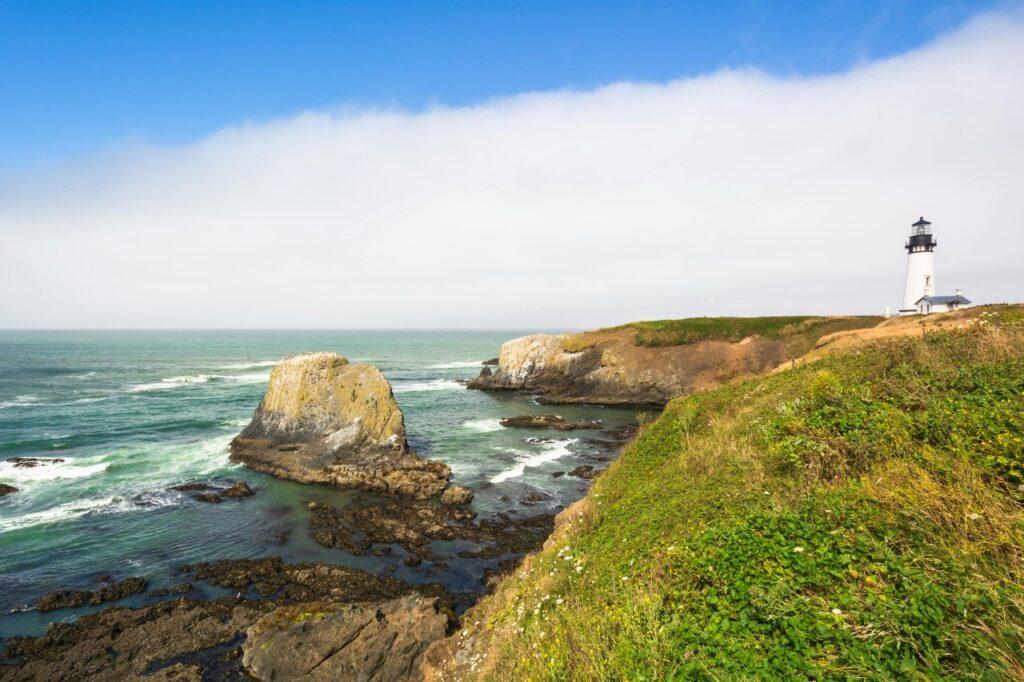
If you enjoy being outdoors, the Oregon Coast has countless areas to explore. [12] There’s no shortage of beautiful scenery, beach and mountain views, and paved hiking trails. Visitors can enjoy the benefits of accessibility and inclusivity at its many state parks. Check out these other inclusive achievements:
ADDITIONAL RESOURCE: Get trip-planning help for visiting the Oregon Coast. [13]
The Columbia River Gorge area [14] has several universal access trails.
ADDITIONAL RESOURCE: E-mail the Hood River Visitor Center at info@visithoodriver.com
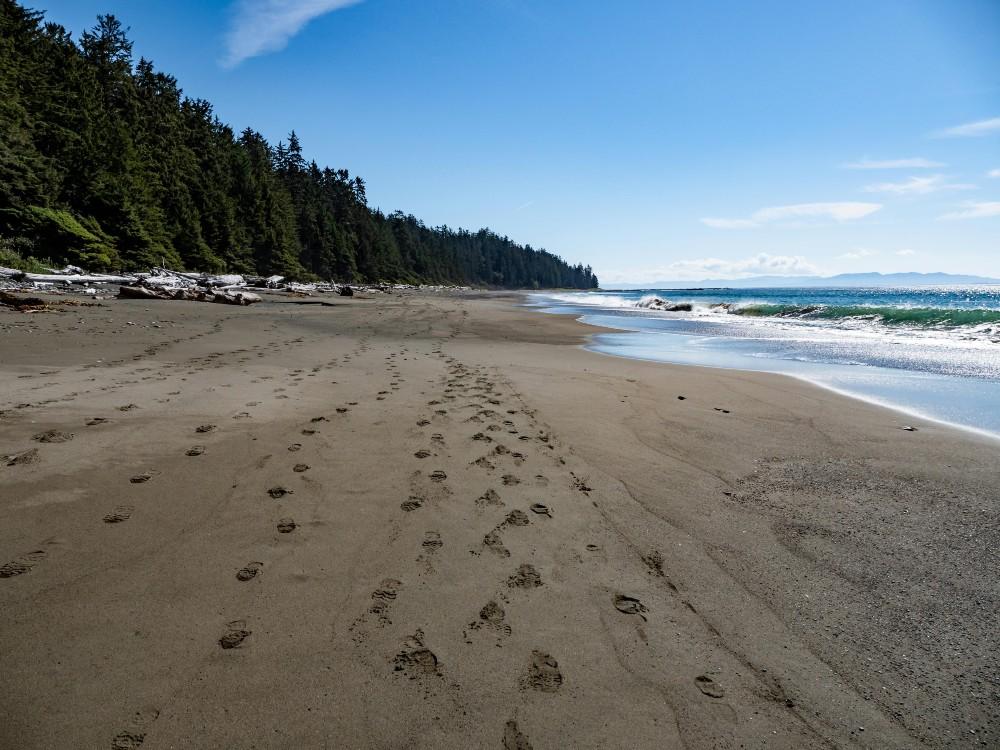
Vancouver Island lies in the Pacific Ocean and is part of British Columbia, Canada. The ideal of Diversity, Equity, Inclusion (and now Accessibility) is in full swing on this lovely island.
Nonprofit organization 4VI has engaged official Travel Guides [16] (who are also living with disabilities) to dialogue with officials and business owners to create equal access for those with visible and invisible disabilities (such as anxiety, cognitive impairments). These collaborations have resulted in innovative accessibility solutions in hotels, hiking trails, transportation, boating, campgrounds, at restaurants—really in almost every aspect of daily life.
ADDITIONAL RESOURCE: Get the full picture of Vancouver Island. [17]
Beaver Creek State Natural Area [18] is part of Brian Booth State Park. If you’re interested in kayaking down Beaver Creek, this might be a great place to enjoy this experience. The parking area is paved with an accessible restroom. There’s a very gentle slope down to the boat ramp (not more than about 3%). The landscape is naturally accessible, and the flow of the creek is gentle.
This fish hatchery [19] combines the joy of the outdoors, as well as science and history. Visitors learn about the various stages of fish growth and development. The whole area is very wide open and flat, so it’s not complicated to navigate with wheelchairs, walkers, or canes.
A main attraction is Herman the Sturgeon, an almost 90-year-old prehistoric fish. Close by, there are some walking paths and waterfalls, with varying degrees of accessibility. Younger kids have great fun feeding fish and ducks. It’s a great place for families that need to accommodate a wide variety of interests.
ADDITIONAL RESOURCE: All About Herman, Oregon’s Most Beloved Fish. [20]
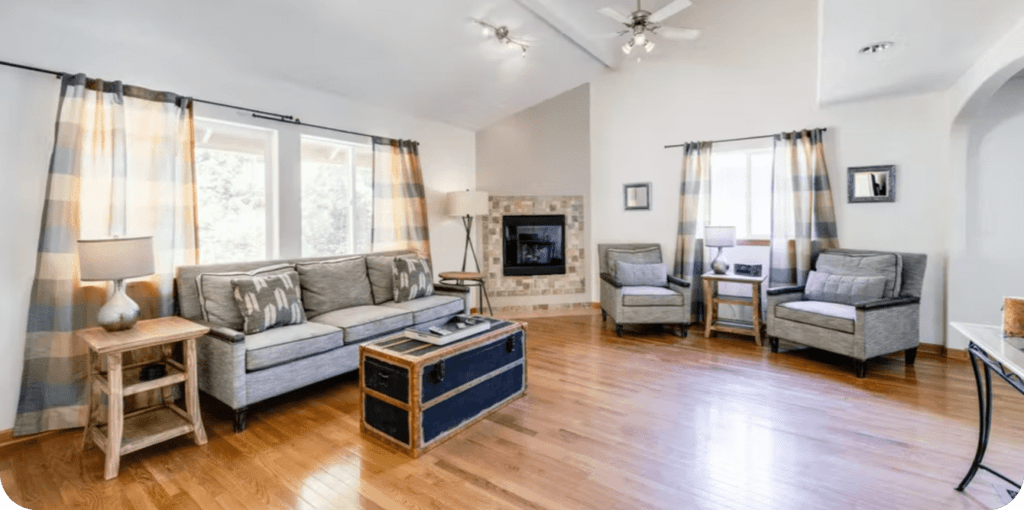
We can’t help but tell you about our own fabulous vacation getaway—the Lincoln City ALSO Beach House! This is a 5-bedroom, 3-bath home in Lincoln City, Oregon. It’s just a short walk to the beach. You’ll have quick access to Lincoln City and its many accessible attractions:
There’s a private bedroom and bathroom on the first floor for people who don’t use stairs. The front door sits on the ground (no steps) to allow easy access for those who use wheelchairs. It’s the perfect place for a fun and intimate family vacation along the Pacific Coast, and it’s available year-round. Since bald eagles are in the area during the winter and early spring months, you’ll have a better chance to see them!
ADDITIONAL RESOURCE: Learn more about the ALSO Beach House today.
There are a couple considerations to think about when travelling by wheelchair. Firstly, know that travelling by plan comes with a risk of damage to wheelchairs. Secondly, a great alternative option is to use Amtrak, which is wheelchair accessible.
ADDITIONAL RESOURCE: Safe and Accessible Air Travel
We hope you’ve enjoyed our thoughts on the many activities available for people with disabilities in the Pacific Northwest. We included a variety of activities and attractions that span art, culture, history, science, nature, and physical activity. We’ve seen firsthand the magic that comes when the people we support can spend quality vacation time with family and friends. Everyone returns home more socially connected, supportive of one another, and energized. Just like we should be!
Learn more about ALSO supportive services for people with intellectual and developmental disabilities here.

Sign up for our newsletter to get our latest news, content, and job opportunities.
Help us ensure that everyone has the same opportunities in their home, workplace and community. Let’s make dreams!
